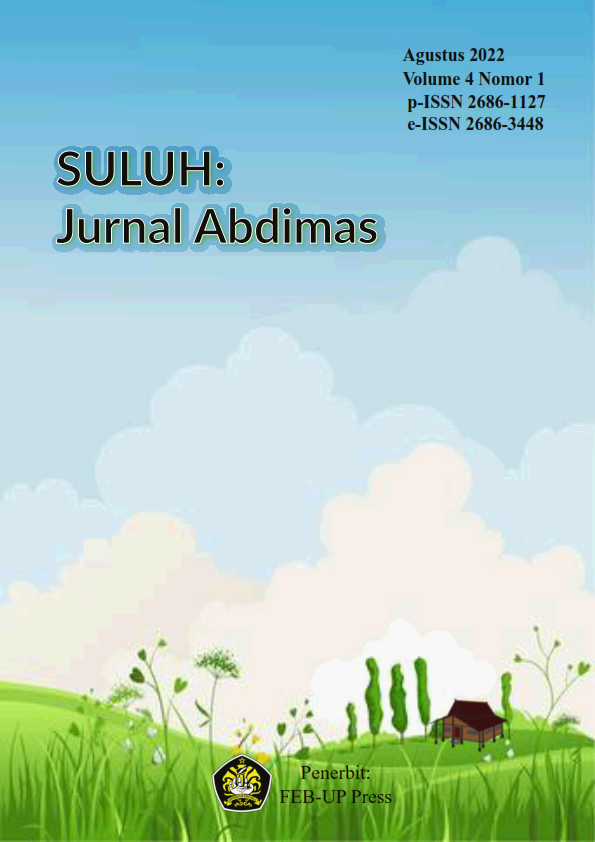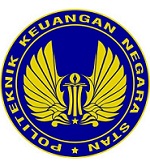Rancang Bangun Wisata Edukasi Telur Asin dengan Pendekatan Sociopreneur
DOI:
https://doi.org/10.35814/suluh.v4i1.3397Keywords:
Educational Tourism, Kebonsari Salted Egg, SociopreneurAbstract
The duck village of Kebonsari village is well known by the Indonesian people for its quality salted eggs. However, until now duck farmers and salted egg entrepreneurs in Kebonsari village only depend on livestock yields and market conditions so that during the pandemic there is a decrease in income for all local entrepreneurs. The purpose of this community service is to create a new source of income for local entrepreneurs through salted egg educational tours with a sociopreneur approach. The method used in this service is the active participation of the Kebonsari village community, especially the food source group consisting of salted egg entrepreneurs and duck breeders, as well as the Karang Taruna group because the Tourism Awareness Group (Pokdarwis) has not been formed in Kebonsari village. The results obtained from this community service are the formation of the first salted egg educational tourism village in East Java. The service team has taught the two partner groups how to make all the necessary tools such as leaflets, brochures, educational materials, and souvenirs typical of the salted egg educational tourism village. In addition, the service team has also collaborated with several schools.





















